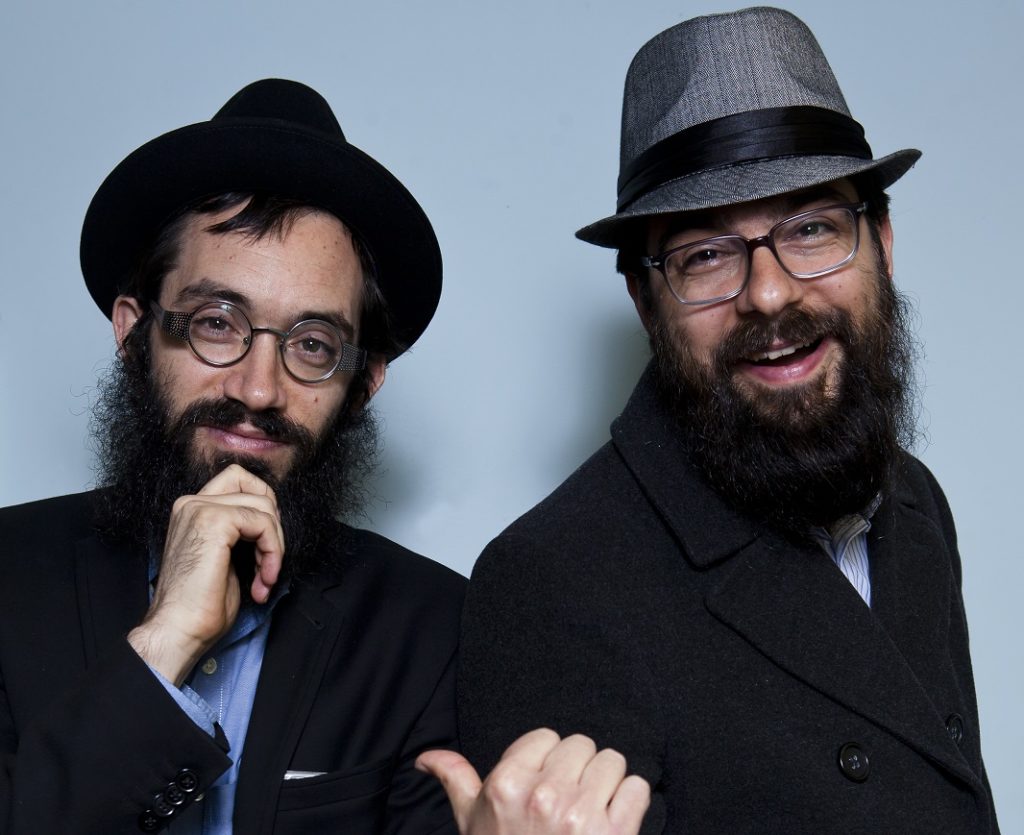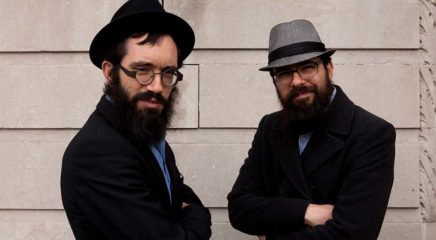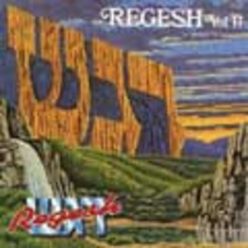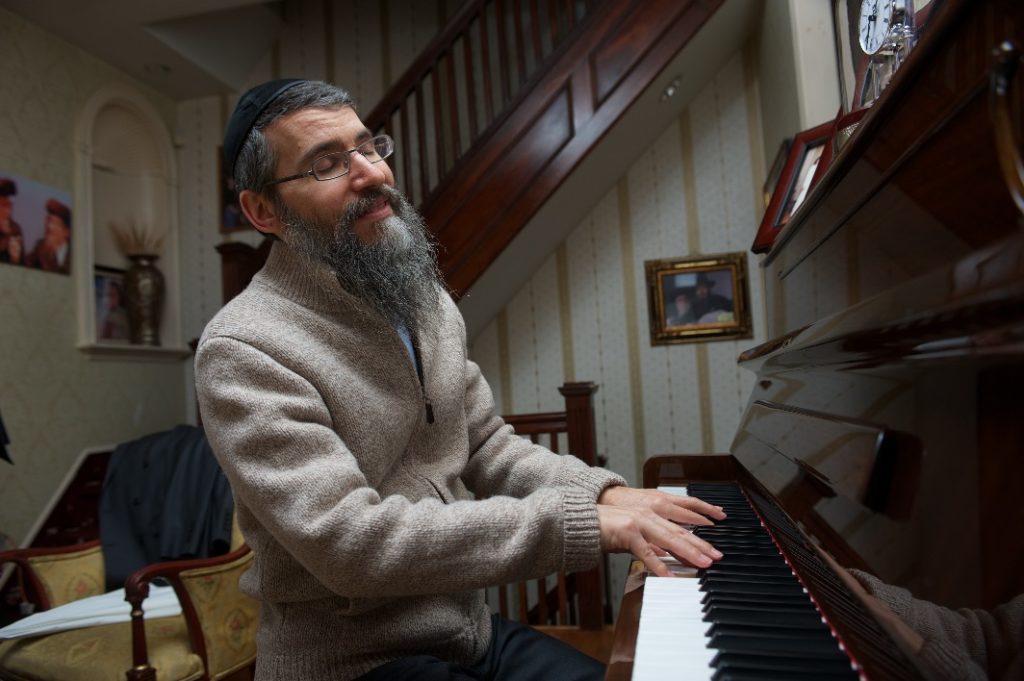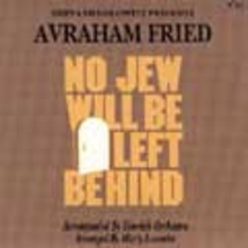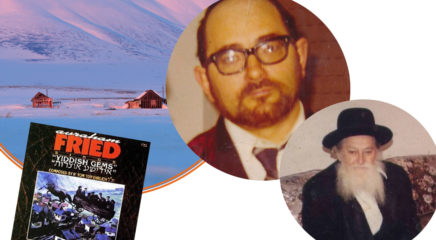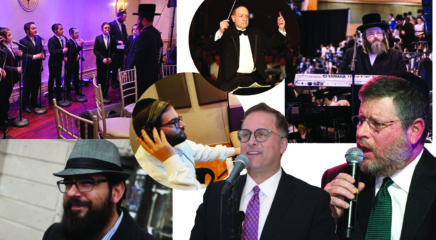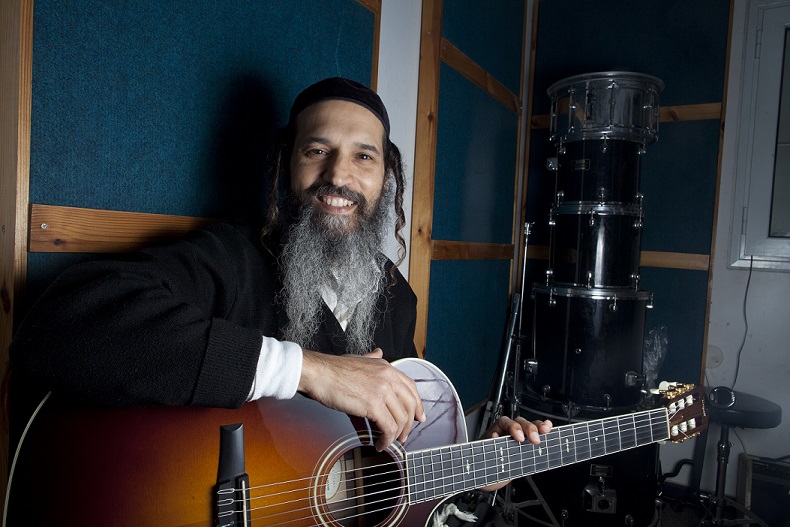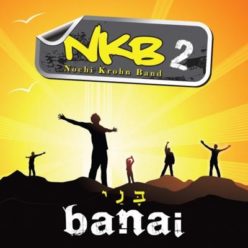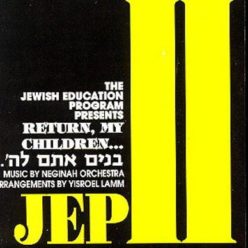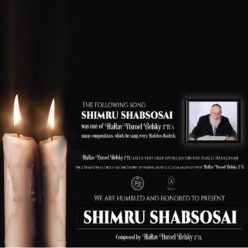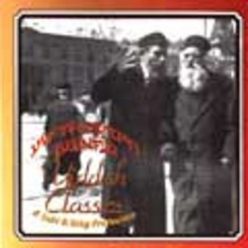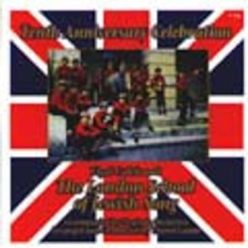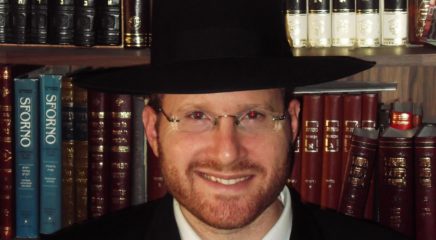Echoes of song, fragments of emotion, wisps of memory. It’s a melody that still replays in your mind, years after its chorus first captured your heart.
What’s that tune that, when you hear it, brings you back to another place, time, and association? Or perhaps it’s an old, long-forgotten Jewish song, maybe one that never conquered the limelight but conquered your neshamah?
We asked readers and public figures to share some of those memories intertwined with old and forgotten songs — because when it comes to a niggun, past and present merge into a timeless inspiration
Yisroel Brown, Manchester, England
Song of My Heart: “Bobinyu”
Album: Brooklyn (8th Day)
My mother spent the last few years of her life in Heathlands, a nursing home in Manchester. My wife and I and children used to visit her quite often. Because of the title of the song, one of my children put the song onto a phone and we used to play it for her. She loved the song, and sang along to it, and knew nearly all the words. However, she always got two words wrong. Instead of singing “my shtetl’s calling,” she sang “my sheitel’s falling,” which had us all in hysterics. She passed away in Sivan, four years ago, at the age of 92. The song will always have special memories for me.
Yisroel Brown, Manchester, England
(Originally featured in Mishpacha Issue 710)

